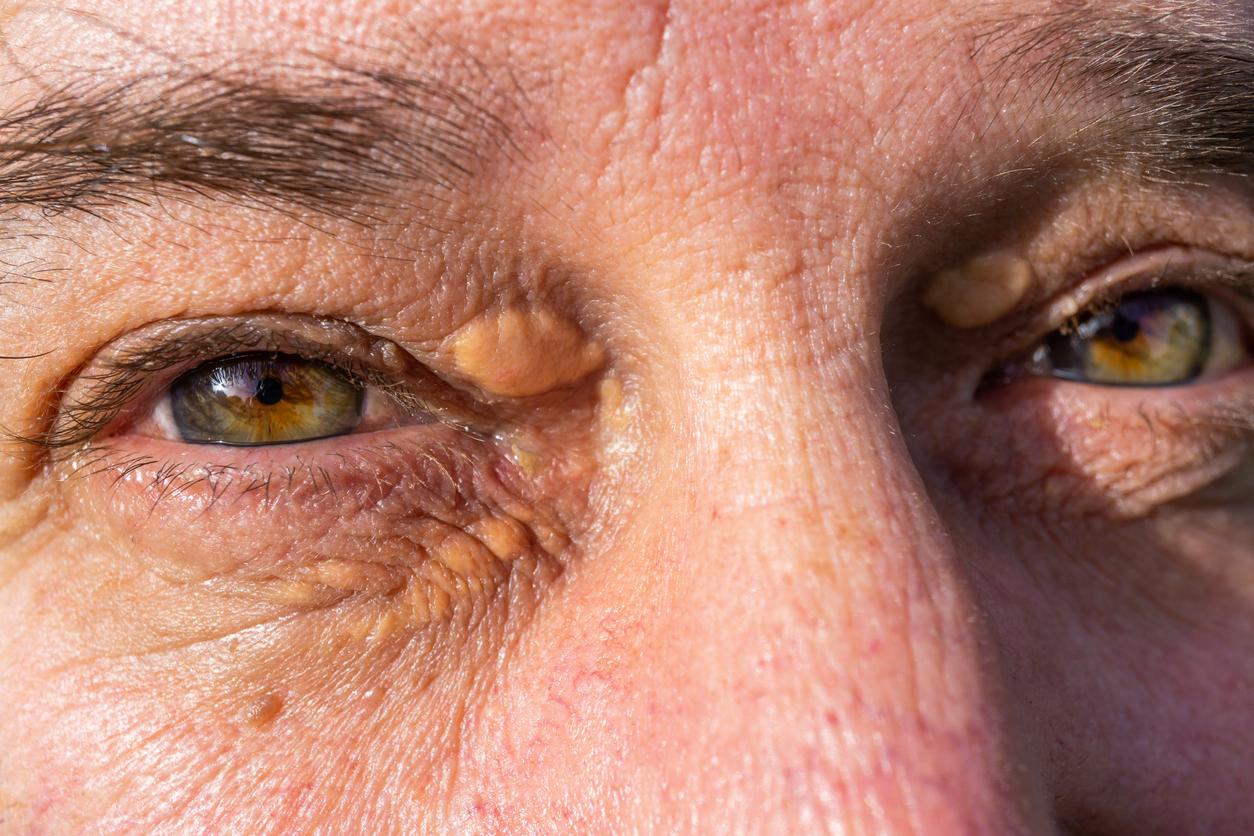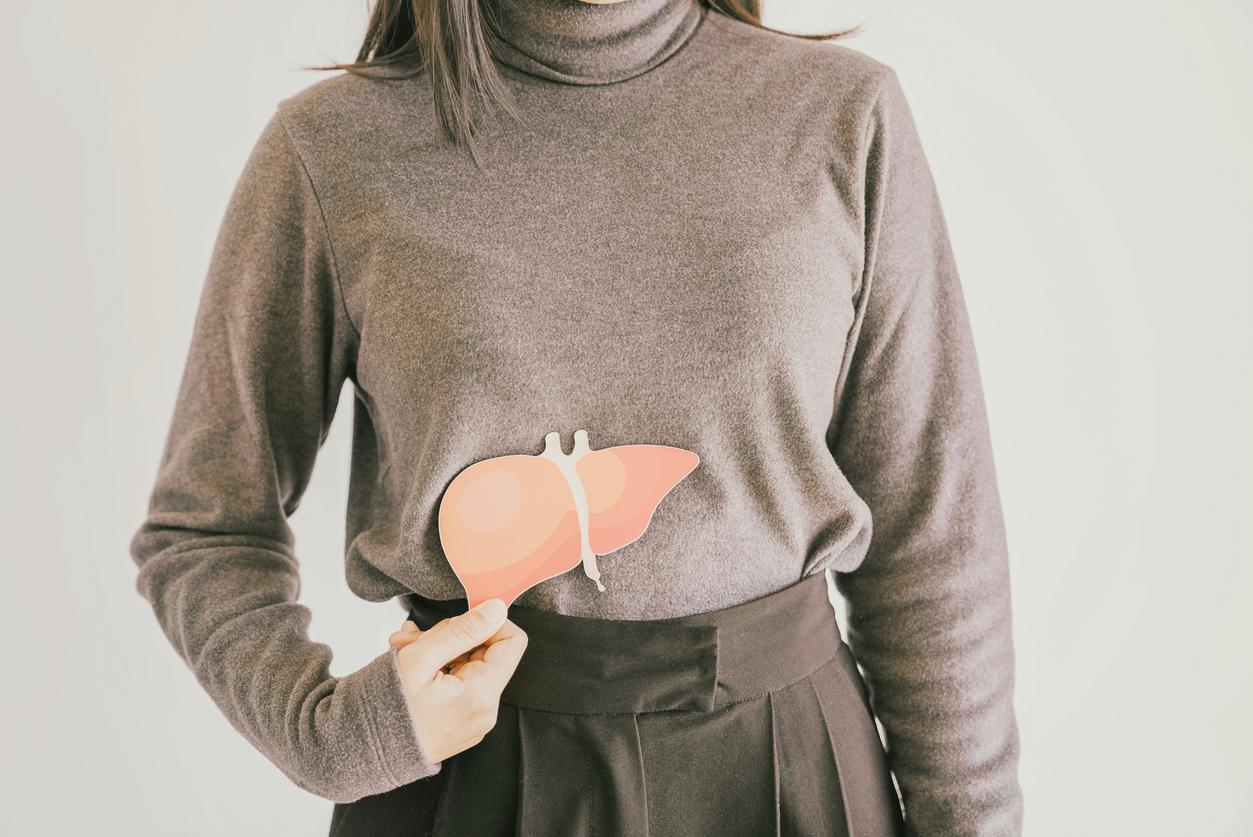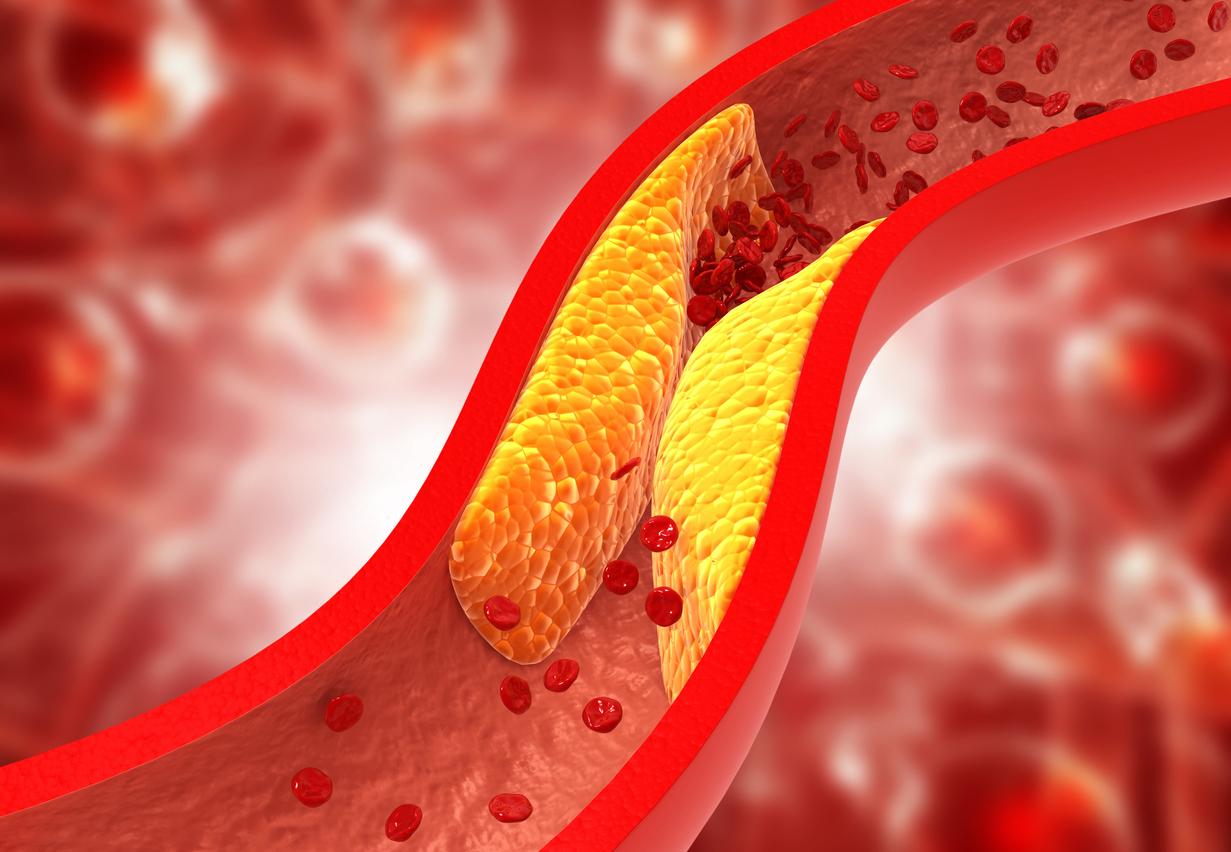Winter is definitely not good for the health of the heart and arteries. According to a recent study, the level of bad cholesterol is higher with the cold.

Seasonal changes influence cardiovascular health. Two studies have shown that more cardiovascular deaths occur in winter. On the occasion of the annual scientific session of the American College of Cardiology, a team presented results according to which the various parameters of cholesterol fluctuate with temperatures.
A 3.5% increase in LDL
Since we die more from heart causes in winter, researchers speculated, it is possible that cholesterol follows the same path. They therefore followed the lipid profiles of 2.8 million adults. “People have poorer cholesterol readings in colder months than in warmer periods,” says lead researcher Parag Joshi.
These variations don’t affect many people, but they remain “significant,” according to the team at the Ciccarone Center for the Prevention of Heart Disease at Johns Hopkins. Thus, LDL and non-HDL (bad) cholesterol levels are 3.5% higher in women and 1.7% in women. Triglycerides are also more present in men. Direct consequence: the risk of atherosclerosis (plaque formation in the arteries) is higher during the winter.
Behavior and sunshine
That doesn’t mean you need to have your cholesterol monitored more in the cold season, the researchers warn. On the other hand, they encourage people to pay particular attention to their behavior, especially food, during these periods of risk. “During the summer, we go out more, we are more active and we adopt healthier behaviors. During the colder months, we take refuge in our cellar, we eat comfort food and we move less … and we [médecins] let us observe that the levels of LDL and non-HDL cholesterol are much worse, ”explains Dr. Joshi. “We therefore observe a high-risk lipid signature, but it is probably due to the behaviors that occur with the change of season. “
Diet and physical activity change depending on the month of the year… but so does the sunshine. This is also another track raised by researchers. Less time spent outdoors, combined with shorter days, results in a lower concentration of vitamin D … which is associated with the balance between good and bad cholesterol.
.

















